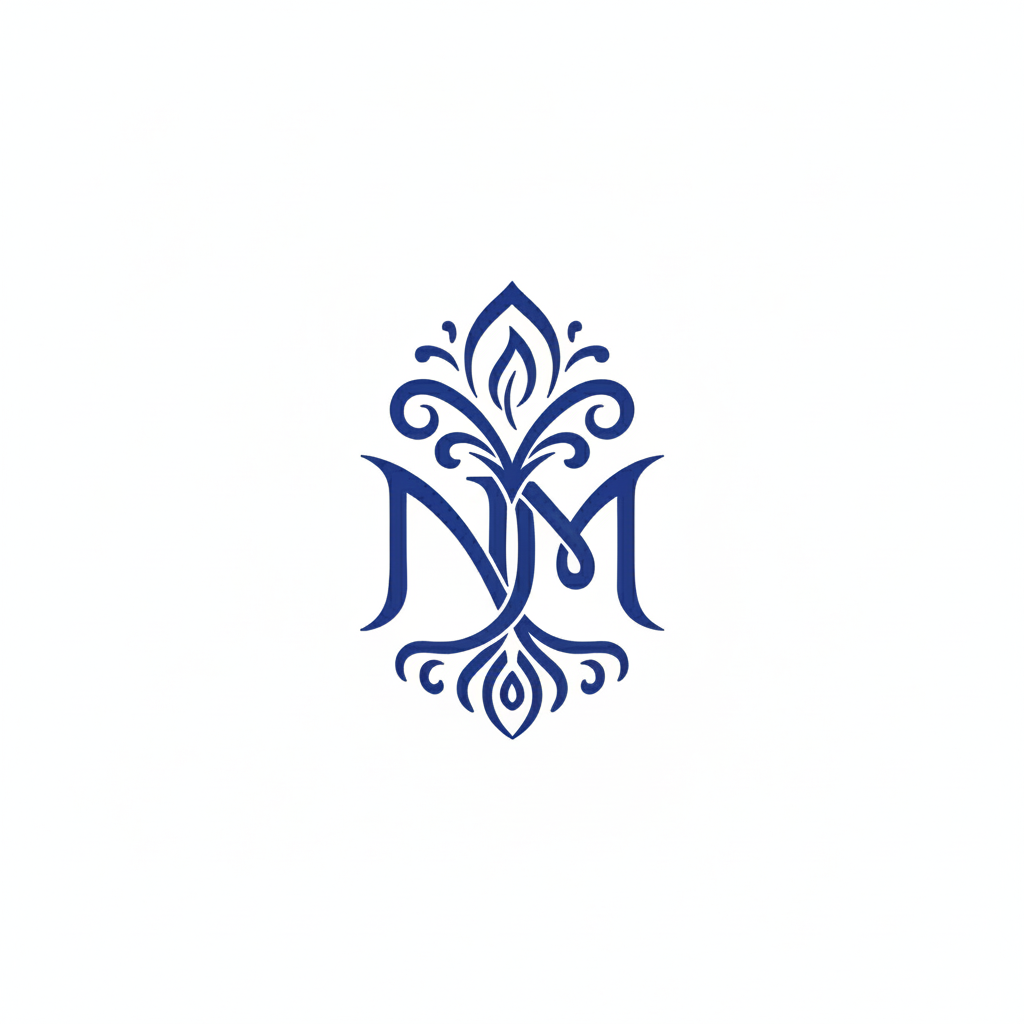On Acceptance
As a kid, I was supremely confident, sometimes bordering on being overconfident. This was especially true when I was in my undergrad. I was the walking and talking representation of the Dunning Krueger effect. In a class full of engineers, I had modelled myself as somebody who understood business. The truth is, I did not know anything; I just knew slightly more than what the others knew. However, this belief kept me from learning new things. I used to believe that I knew more than the teachers. Naturally, I got mostly B’s and C’s in management-related courses.
When I got a C in economics in my last semester and couldn’t make it to the business school that year, I was forced to accept reality. The reality was that I did not know anything. I was just an imposter pretending to be an expert in a room full of novices, but one meeting with somebody remotely acquainted with the subject, and my mask was off. It was the fall and the setback that made me accept the reality that I do not know enough.
Strangely, this acceptance freed me. It changed my mindset from espousing non-existent wisdom to being a student who is eager to learn and ask questions. It made me drop the armour and saved me from feeling being attacked when asked a question. It helped me answer I do not know and then learning the same. At business school, I topped the economics course. The same course in which I had gotten C in my engineering class.
In life, if you want to change or achieve something, the first step is acceptance of your current state. The last person you should lie to is yourself. Accept it internally. It helps if you can articulate to others because, at that point, you have killed your ego fully. Once done fully, you will be on the path to learning and through learning comes application, from which comes success.

